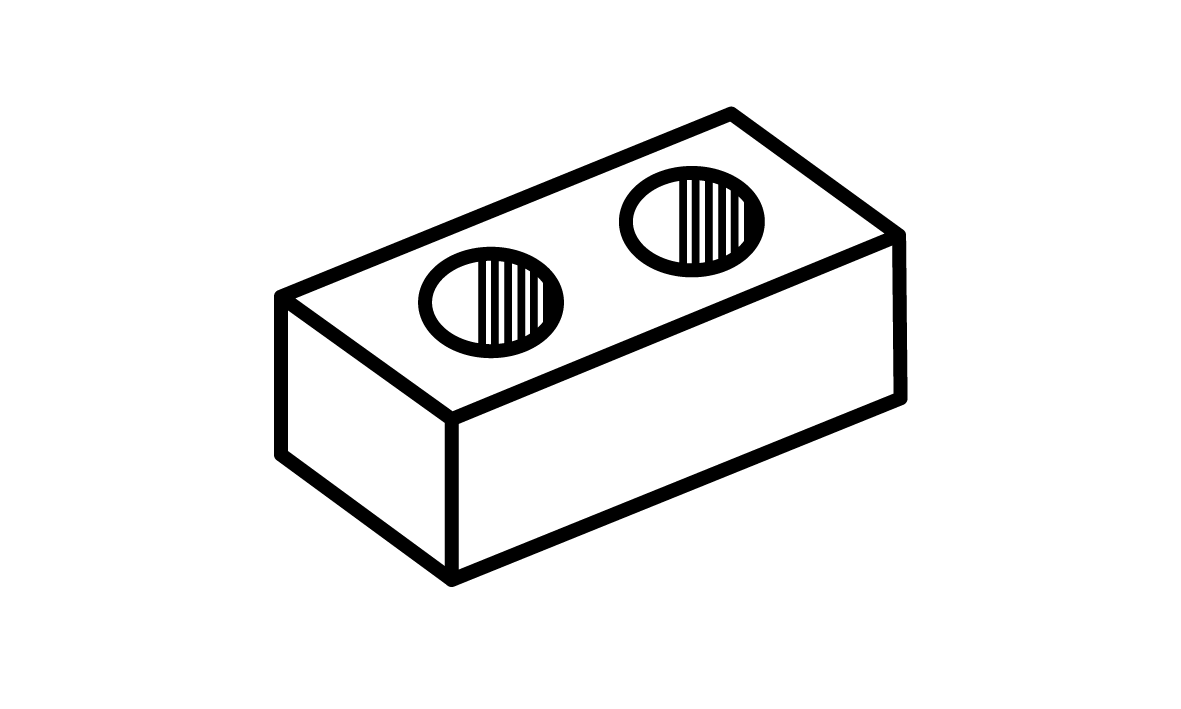Three Myths About DEI That Are Harming Everyone
Photo by fauxels on Pexels
Diversity, Equity, and Inclusion (DEI) initiatives are often misunderstood, misrepresented, and even vilified. While progress has been made in workplaces and society, harmful myths persist—myths that not only stall meaningful change but also prevent everyone from benefiting from fairer systems. Let’s debunk three of the most damaging misconceptions about DEI.
1. “I’m Not Included”
"Diversity is having a seat at the table, inclusion is having a voice, belonging is having that voice be heard."
‘I’m not Black, transgender, or Muslim—so DEI doesn’t apply to me.’
It is a common but misguided belief that fairer systems focus on single social identities. DEI isn’t just about marginalised or minority groups, for example, women are 51% of the population—it’s about creating systems that work better for everyone. From maternity pay to protections for older workers, DEI frameworks and policies benefit people across all walks of life.
Yet, the backlash against so-called “wokeness” has led to dismissive attitudes, often without understanding what DEI truly represents. Recent headlines and comment sections are filled with rhetoric like:
“DEI is just reverse discrimination.”
“Why should we cater to a tiny minority?”
“All this inclusivity is just political correctness gone mad.”
These statements ignore history. Workplace rights, disability accommodations, and even weekends off weren’t handed down benevolently—they were fought for! Dismissing DEI means dismissing the very mechanisms that have improved conditions for millions.
2. “D&I Activity Has Gone Too Far!”
There’s a growing narrative that equality efforts have “gone too far”—but as the saying goes, “When you're accustomed to privilege, equality feels like oppression.”
What are marginalised communities asking for? The right to live and thrive without facing discrimination based on aspects of their identity they cannot change. This isn’t a radical demand—it’s something most people would want for themselves.
When someone from an underrepresented group seeks the same opportunities the majority takes for granted, it’s not an existential threat. It’s a necessary step towards a fairer society. Yet, resistance persists because change disrupts the status quo—a status quo that has historically benefited some at the expense of others.
3. “A Return to Merit-Based Systems”
“It’s not what you know, it’s who you know.”
One of the biggest myths is that we ever had a pure “meritocracy.” If that were true, why do phrases like the one above exist? Nepotism, cronyism, and unconscious bias have always shaped who gets opportunities.
The reality is:
Networks matter more than merit in many industries. Roles in media, politics, and corporate leadership are often filled through connections rather than open and transparent processes or capabilities.
Marginalised professionals face extra scrutiny. When they succeed, their achievements are sometimes dismissed as “DEI hires” rather than earned.
Merit was never equally accessible. Systemic barriers—from access to education to recruitment biases—have long prevented a truly merit-based progression.
DEI efforts don’t lower standards; they raise fairness. They ensure that talent isn’t overlooked because of background, identity, or lack of privilege.
Final Thought
DEI isn’t about taking opportunities away from some to give to others—it’s about fixing systems that have always been unequal. Dismissing these efforts harms everyone by preserving outdated structures that limit potential.
Progress requires challenging these myths. Because when diversity, equity and inclusion work, everyone benefits.
Photo by fauxels on Pexels
Article by Built By Us CEO & Founder Danna Walker


